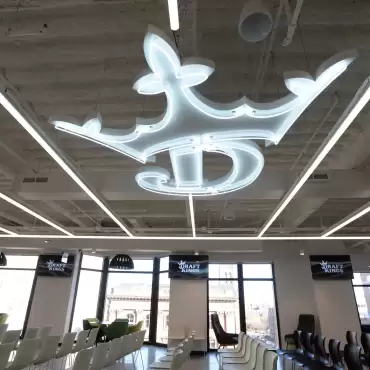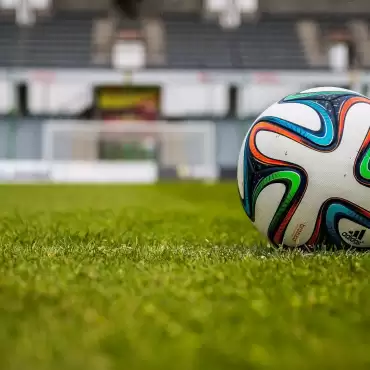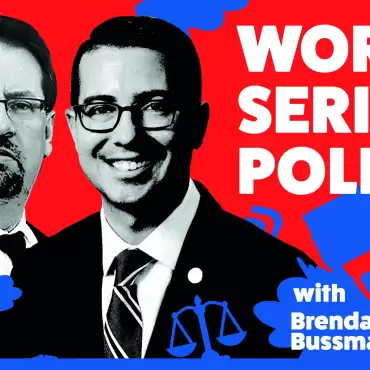Special secretary of Brazil’s Federal Revenue Service Robinson Barreirinhas will appear in front of the parliamentary commission inquiry (CPI) on match-fixing to explain how sports betting tax from companies abroad will be kept in Brazil.
The special secretary will appear at the request of Carlos Portinho, who is looking to clarify how tax payments will be made across borders.
Barreirinhas will be heard this Wednesday (4 September) by the CPI on manipulation, which was set up in April to counter match-fixing on sports betting in Brazil.
As set out in Normative Ordinance No 827, operators must have a headquarters on Brazilian soil. Foreign companies are still eligible for a licence, although they must have a local subsidiary of which a Brazilian owns at least 20% of the share capital.
Businesses must also provide a joint certificate from the special secretariat of federal revenue and the attorney-general’s office of the national treasury to show they are registered to pay tax in the country.
In his justification, Portinho said: “It is imperative to initially know whether these sports betting platforms that operate openly in the national market, including sponsoring numerous clubs in Serie A and B of the Brazilian Football Championship, advertising on various open TV media outlets, are operating legally or illegally in the country, moving billions of Brazilian reals, sending these resources to other countries, and not collecting the taxes due.”
CPI also tackling suspicious transaction reporting in Brazil
On Tuesday (3 September), the CPI will also hear from representatives of the ministry of finance and Abaesp, the Brazilian sports betting association, who will discuss how suspicious transactions will be identified and halted.
Regis Dudena, the secretariat of prizes and bets (SPA) which sits within the ministry of finance, will represent that body while Abaesp will be represented by its president, Rodrigo Alves.
Dudena is expected to provide details on how payments will work and how the SPA will ensure operator compliance. Alves, meanwhile, will explain how sports betting companies are preventing match-fixing.
Former referees, IBJR and sports justice court could also be called to match-fixing inquiry
The CPI is also set to vote on three invitations to testify. One of these relates to the Superior Court of Sports Justice for Football (STJD) president Luís Otávio Veríssimo Teixeira and STJD attorney-general Paulo Emílio Dantas Nazaré to discuss manipulation of sports betting.
Additionally, former football referee Alfredo Loebeling and Brazilian Institute of Responsible Gaming (IBJR) could be invited to testify on matters involving flaws with the video assistant referee (VAR) system used by the Brazilian Football Confederation (CBF) and its impact on sports betting.
Another request to be voted upon is for the STJD’s certificates of all match-fixing proceedings that are being processed in sports courts, with the clubs and athletes involved identified. It’s feared that without a centralised information source, those under suspicion in one state’s sports court could simply move to a different state to avoid punishment.
How is the CPI countering sports betting manipulation?
The CPI on match-fixing was established after Botafogo de Futebol e Regatas owner John Texor made allegations of manipulation against São Paulo players in a game against Palmeiras, as well as a referee.
Textor reiterated his claims in a CPI appearance, to which Palmeiras president Leila Pereira said the Botafogo owner should be banned from Brazilian football if his evidence was insufficient. Senator Jorge Kajuru, the CPI president, declared Textor should be expelled from Brazil altogether if his accusations were found to be untrue.
Rafael Marchetti Marcondes, chief legal officer at Rei do Pitaco as well as the Brazilian Institute of Responsible Gaming (IBJR), believes while the CPI is a good start to countering match-fixing, further collaboration is necessary.
“We have to see the CPI only as a beginning of work, which should involve many other bodies, such as the federal police, the public prosecutor’s office, federations that organise the sport, clubs and society in general, in addition to the sports betting regulator,” Marchetti Marcondes told iGB.




